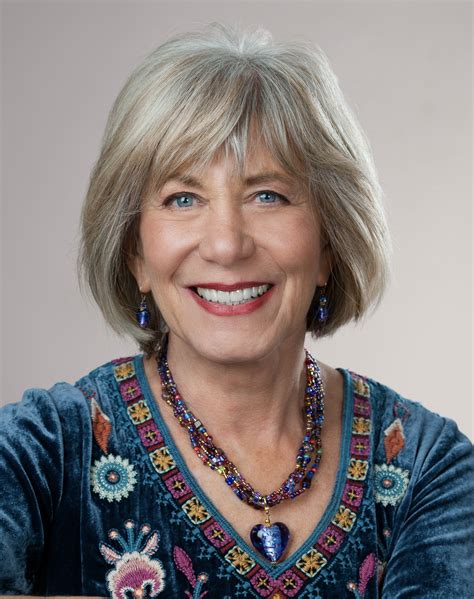A Quote by Jack Kornfield
Finding a way to extend forgiveness to ourselves is one of our most essential tasks. Just as others have been caught in suffering, so have we. If we look honestly at our life, we can see the sorrows and pain that have led to our own wrongdoing. In this we can finally extend forgiveness to ourselves; we can hold the pain we have caused in compassion. Without such mercy, we will live our own life in exile.
Related Quotes
It is our own pain, and our own desire to be free of it, that alerts us to the suffering of the world. It is our personal discovery that pain can be acknowledged, even held lovingly, that enables us to look at the pain around us unflinchingly and feel compassion being born in us. We need to start with ourselves.
One of the primary conditions for suffering is denial. Shutting our mind to pain, whether in ourselves or others, only ensures that it will continue. We must have the strength to face it without turning away. By opening to the pain we see around us with wisdom and compassion, we start to experience the intimate connection of our relationship with all beings.
Compassion allows us to use our own pain and the pain of others as a vehicle for connection. This is a delicate and profound path. We may be adverse to seeing our own suffering because it tends to ignite a blaze of self-blame and regret. And we may be adverse to seeing suffering in others because we find it unbearable or distasteful, or we find it threatening to our own happiness. All of these possible reactions to the suffering in the word make us want to turn away from life.
Some of us have a hard time believing that we are actually able to face our own pain. We have convinced ourselves that our pain is too deep, too frightening, something to avoid at all costs. Yet if we finally allow ourselves to feel the depth of that sadness and gently let it break our hearts, we may come to feel a great freedom, a genuine sense of release and peace, because we have finally stopped running away from ourselves and from the pain that lives within us.
In our concern for others, we worry less about ourselves. When we worry less about ourselves an experience of our own suffering is less intense. What does this tell us? Firstly, because our every action has a universal dimension, a potential impact on others' happiness, ethics are necessary as a means to ensure that we do not harm others. Secondly, it tells us that genuine happiness consists in those spiritual qualities of love, compassion, patience, tolerance and forgiveness and so on. For it is these which provide both for our happiness and others' happiness.
When we harbor negative emotions toward others or toward ourselves, or when we intentionally create pain for others, we poison our own physical and spiritual systems. By far the strongest poison to the human spirit is the inability to forgive oneself or another person. It disables a person's emotional resources. The challenge...is to refine our capacity to love others as well as ourselves and to develop the power of forgiveness.
I have felt the pain that arises from a recognition of beauty, pain we hold when we remember what we are connected to and the delicacy of our relations. It is this tenderness born out of a connection to place that fuels my writing. Writing becomes an act of compassion toward life, the life we so often refuse to see because if we look too closely or feel too deeply, there may be no end to our suffering. But words empower us, move us beyond our suffering, and set us free. This is the sorcery of literature. We are healed by our stories.
Character is revealed in the power to discern the suffering of other people when we ourselves are suffering; in the ability to detect the hunger of others when we are hungry; and in the power to reach out and extend compassion for the spiritual agony of others when we are in the midst of our own spiritual distress.
I truly believe that forgiveness is the fast track to greater love and it's the path that can really heal all. We all have areas of our own lives where we have a hard time forgiving, whether it's with ourselves, or others, but when we can practice forgiveness, many of our self-destructive habits will begin to fade away.
Forgiveness entails the authentic acceptance of our own worthiness as human beings, the understanding that mistakes are opportunities for growth, awareness and the cultivation of compassion, and the realization that the extension of love to ourselves and others is the glue that holds the universe together. Forgiveness...is not a set of behaviors, but an attitude.
Through compassion it is possible to recognize that the craving for love that people feel resides also in our own hearts, that the cruelty the world knows all too well is also rooted in our own impulses. Through compassion we also sense our hope for forgiveness in our friends' eyes and our hatred in their bitter mouths. When they kill, we know that we could have done it; when they give life, we know that we can do the same. For a compassionate person nothing human is alien: no joy and no sorrow, no way of living and no way of dying.



































